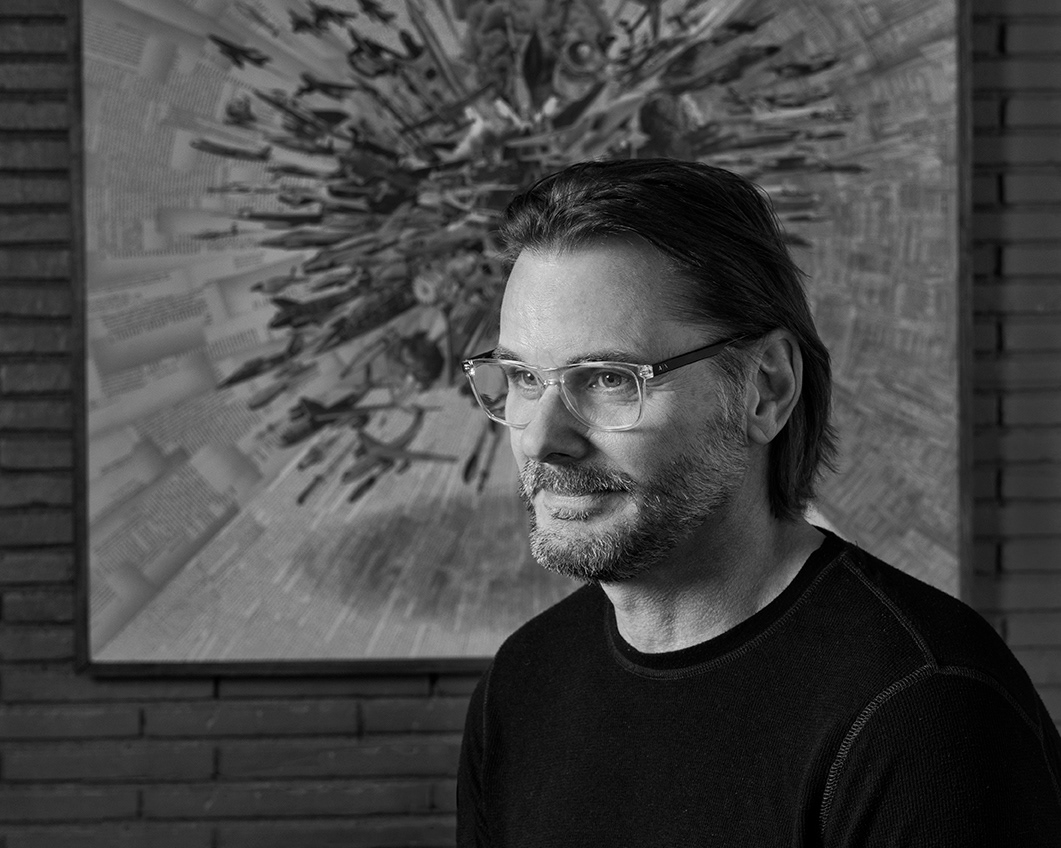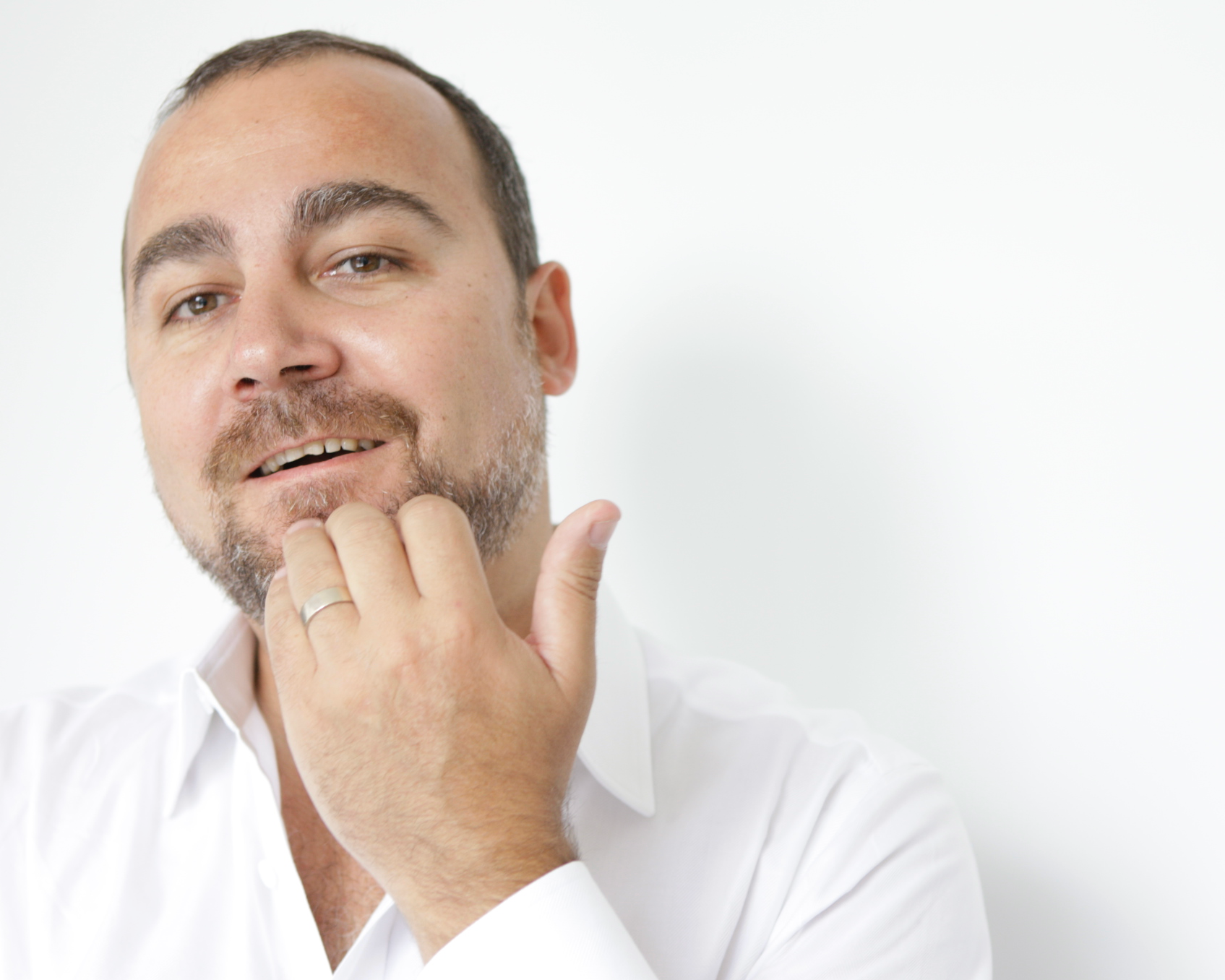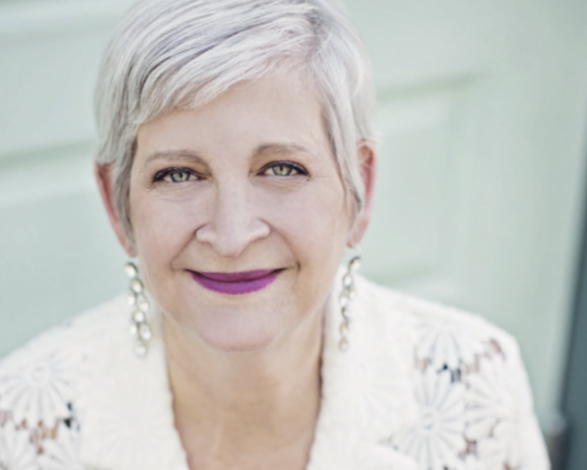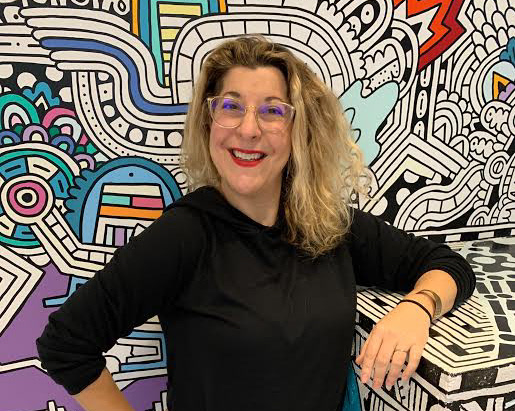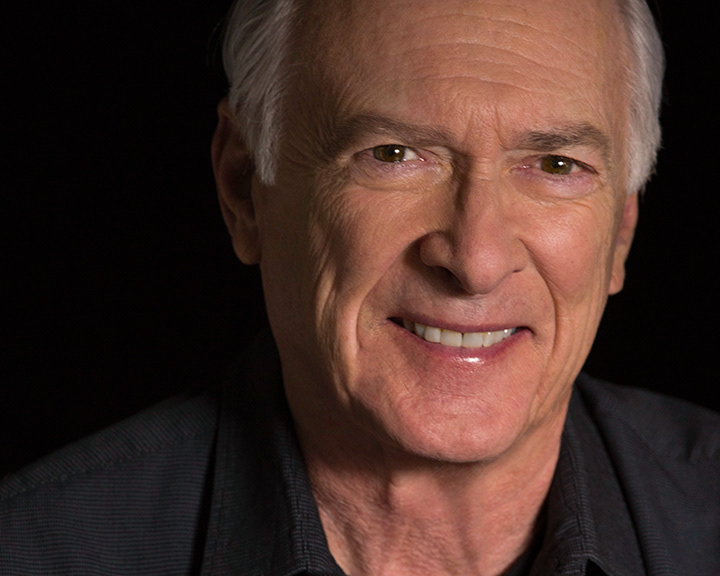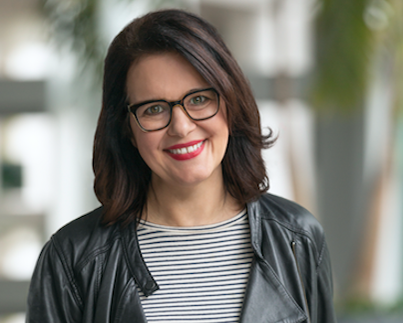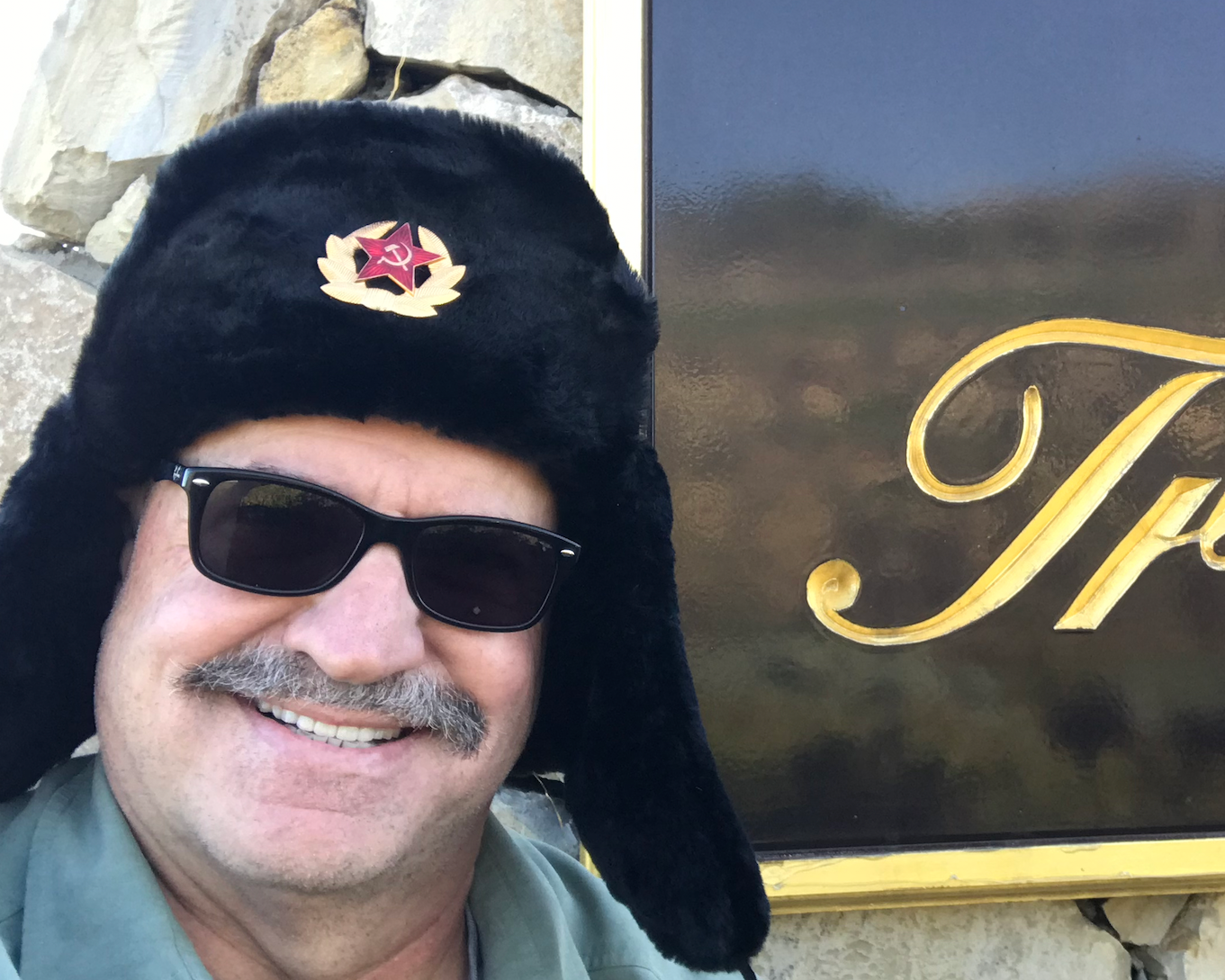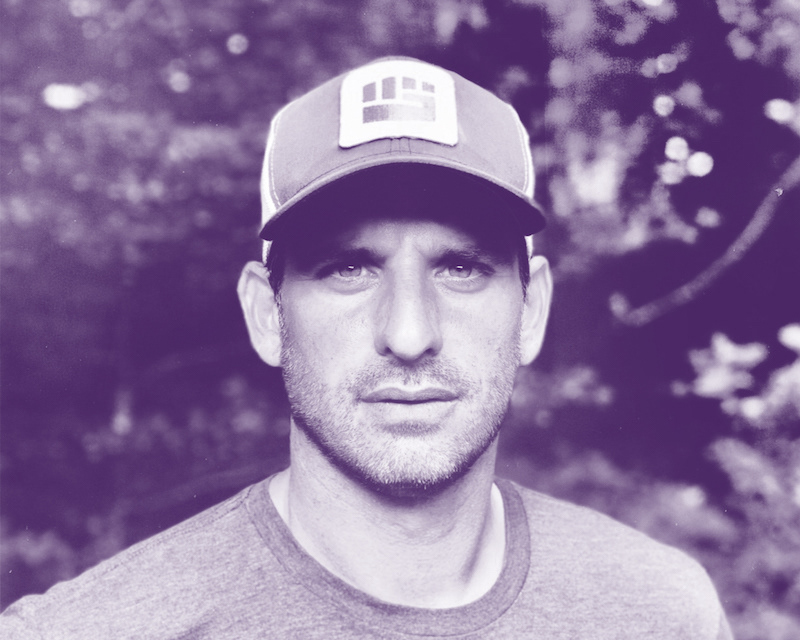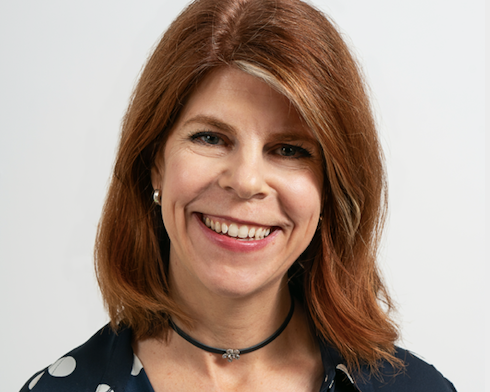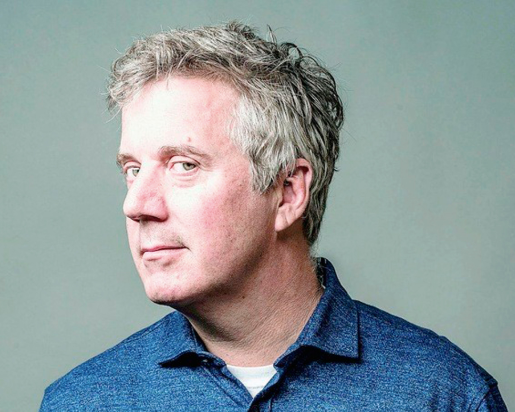As young copywriters, we had every word of every one of David’s Doc Marten ads memorized. Those headlines were so simple yet so totally brilliant. They respected their audience and gave them credit for their ability to put the pieces together, gave them a reason to want to read on. And they gave us reason to pay special attention to whatever David would create next.
Not surprisingly, we saw David go on to become one of the most awarded copywriters and creative directors in the biz. The agency he founded, Baldwin&, was named Small Agency of the Year twice in its first five years by Ad Age and the 4A’s. As former Chairman of the One Club in NYC, he was also an executive producer for the Emmy winning film, Art & Copy, and an associate producer for the Emmy and Peabody Award winning film “The Loving Story”. David also cofounded the Ponysaurus Brewing Co. and is the author of the Amazon Best Seller, The Belief Economy, How to Give a Damn, Stop Selling, and Create Buy-in.
In an industry that can easily get caught up in money and ego, it was incredibly refreshing to hear how David chose to lead with passion instead. Rather than make decisions based on salary, he made them based on what he felt was right. Instead of obsessing over profit, he made decisions that benefited important causes. Consider us believers in David's approach as we figure out our next 20-30 years.
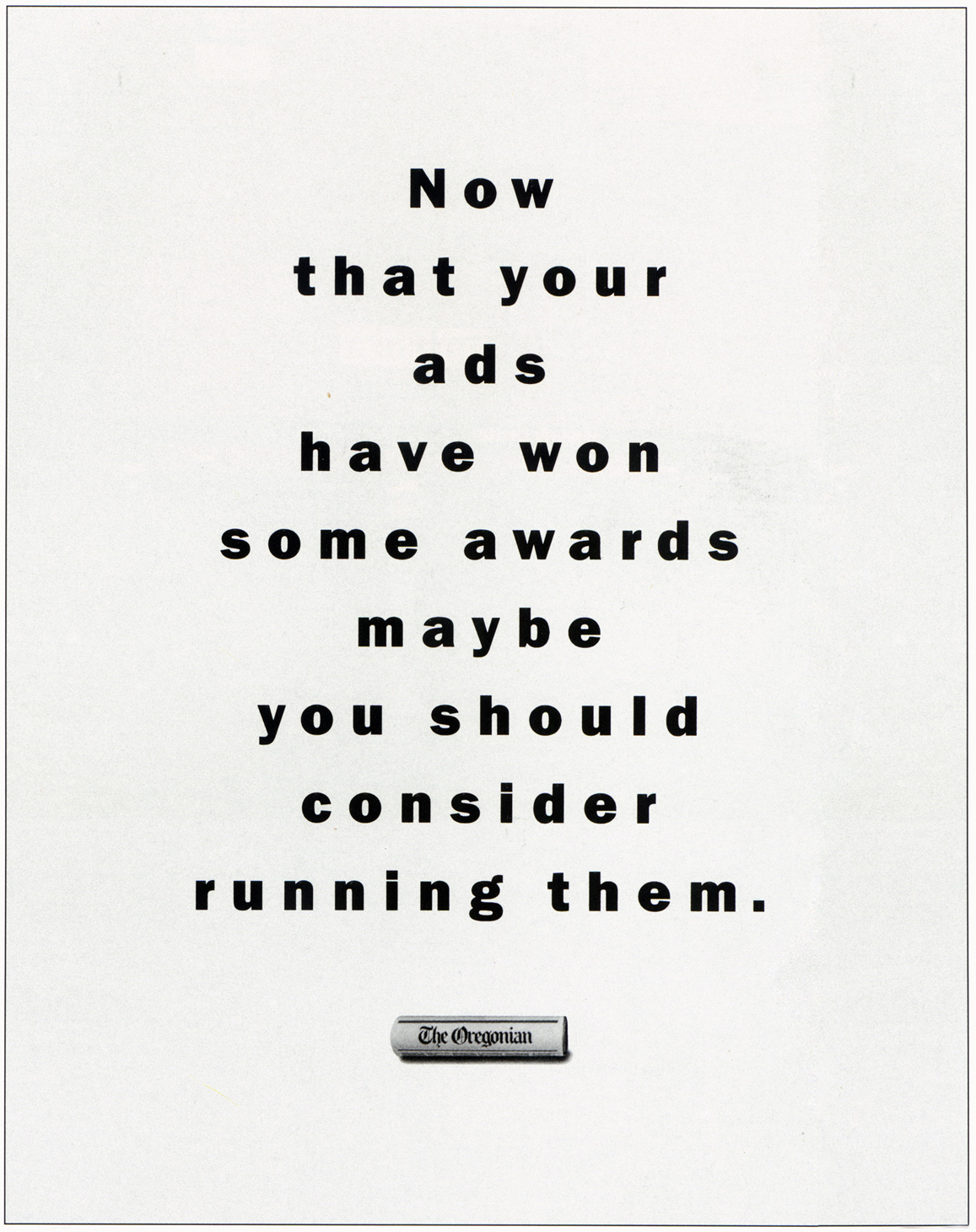
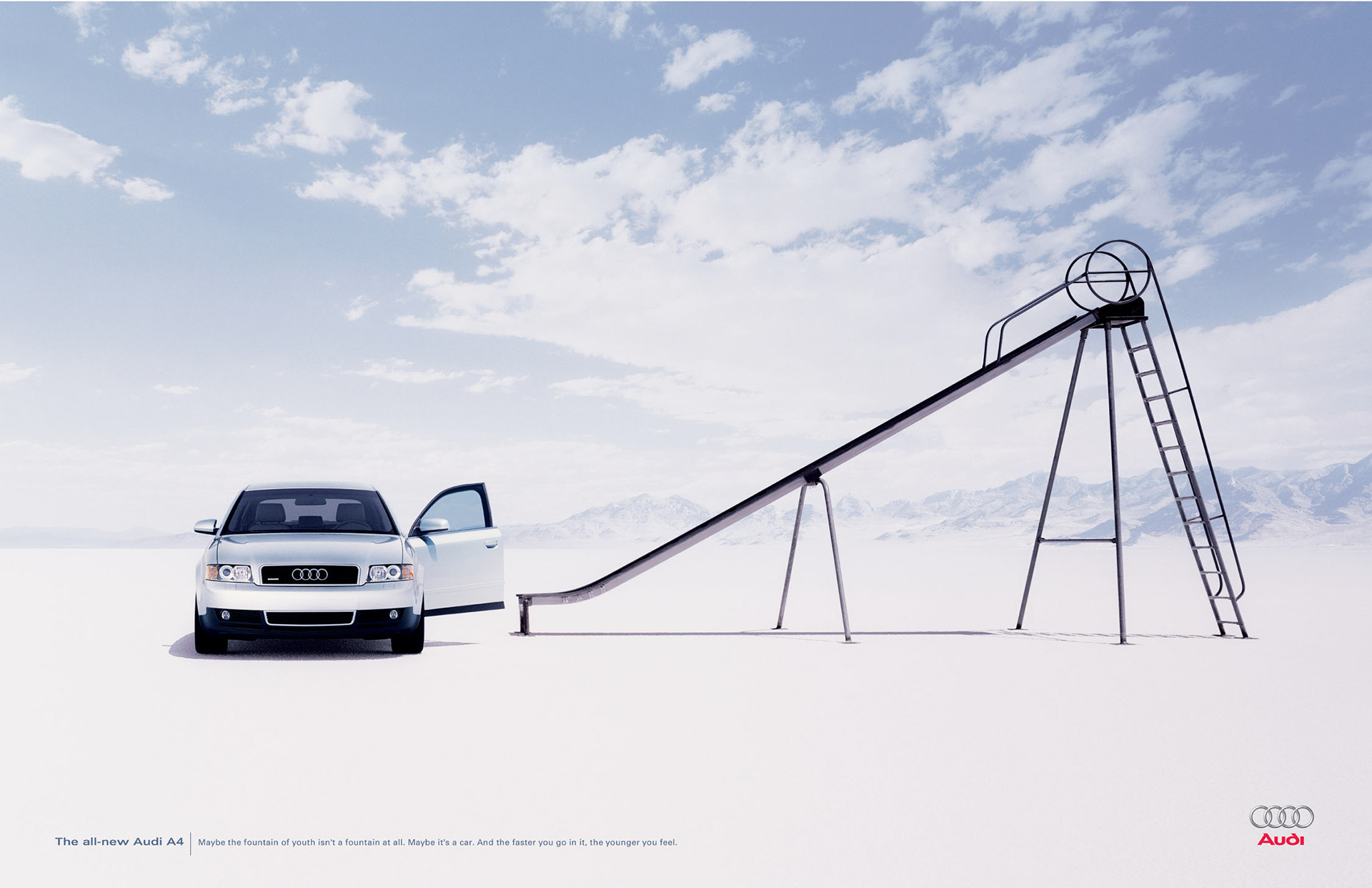
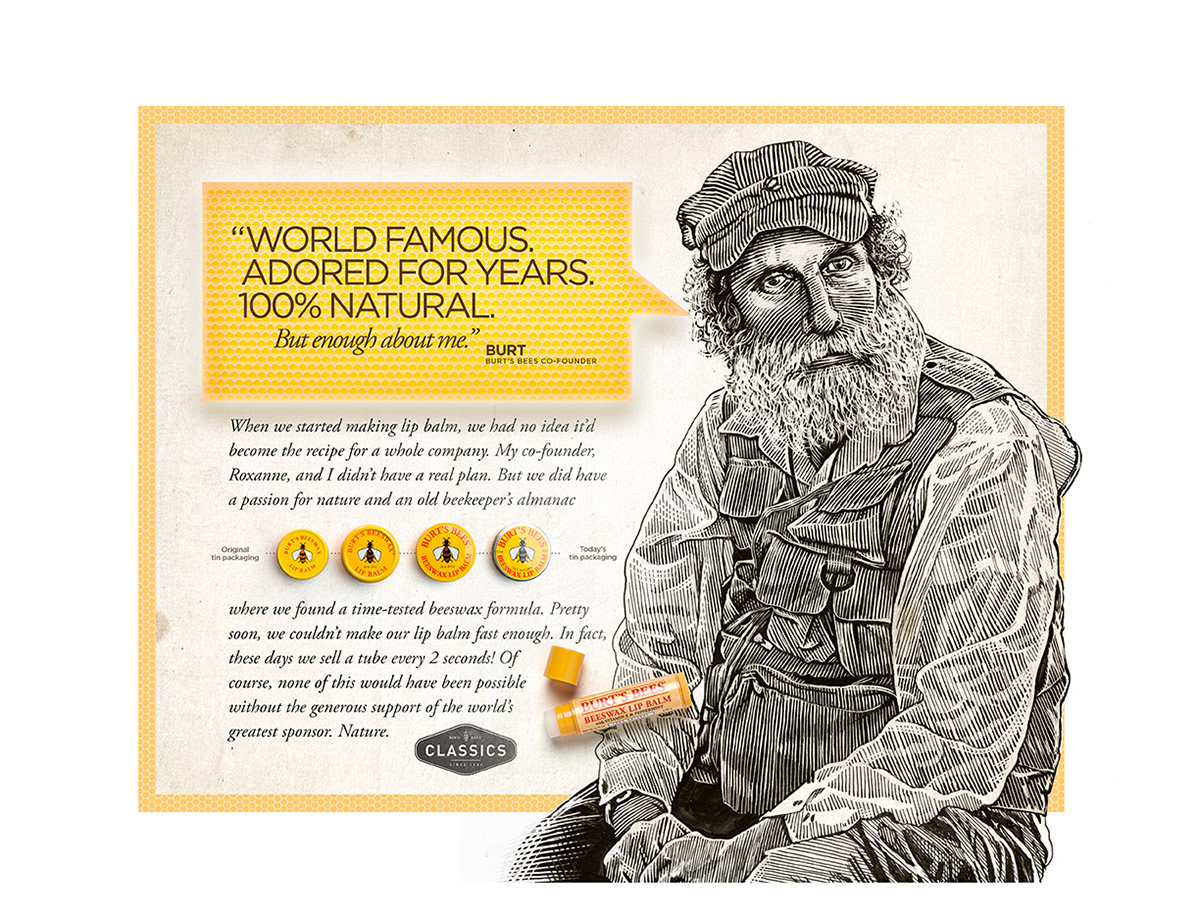
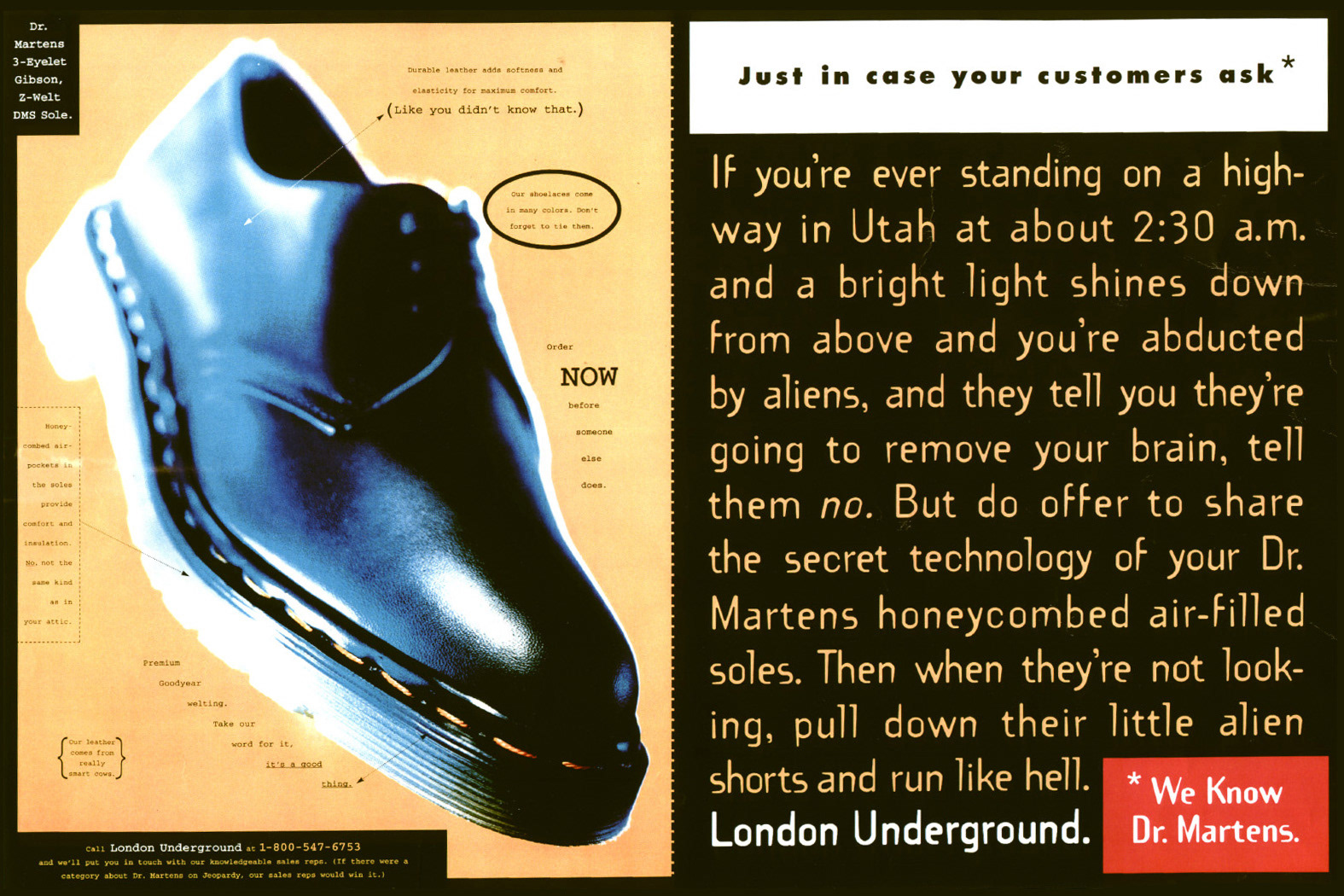
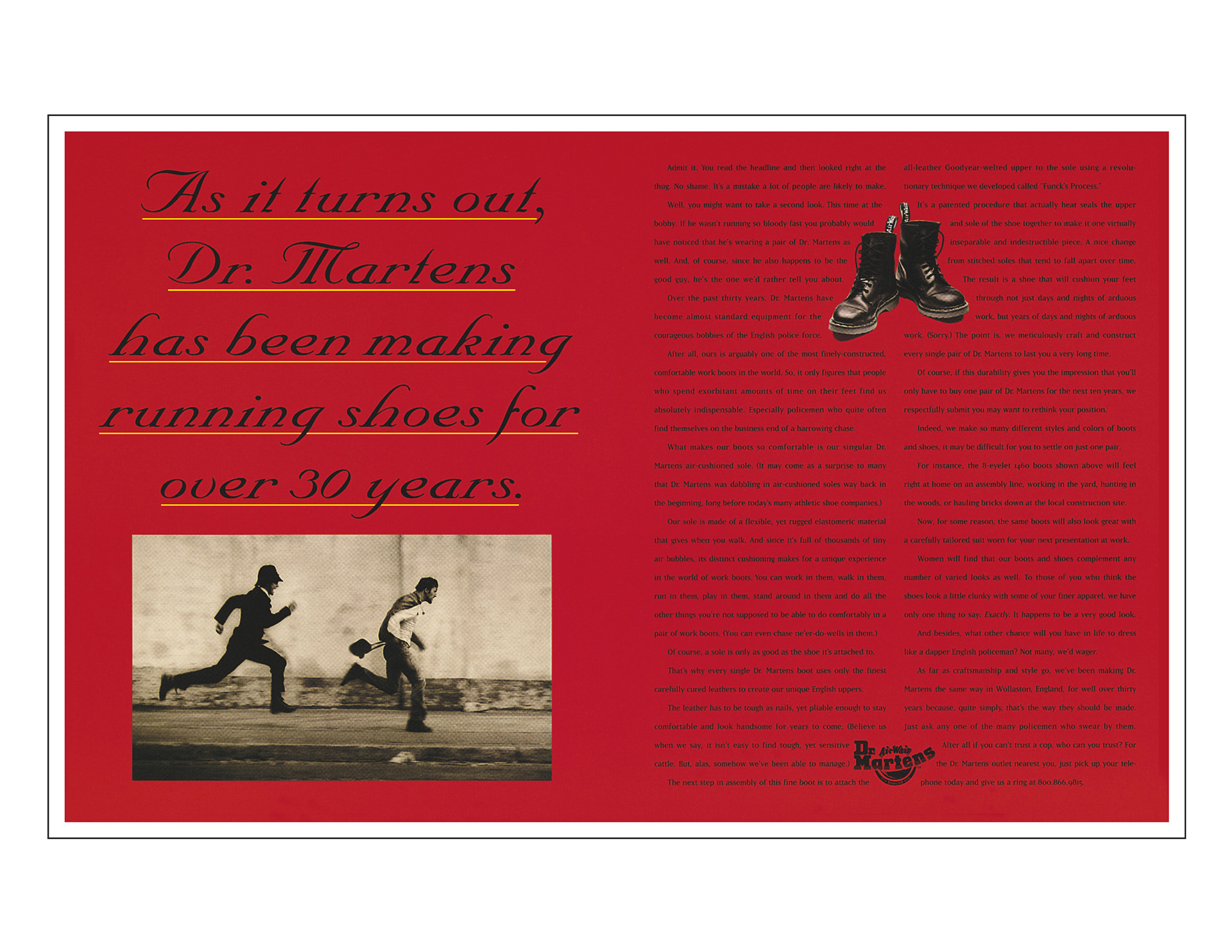
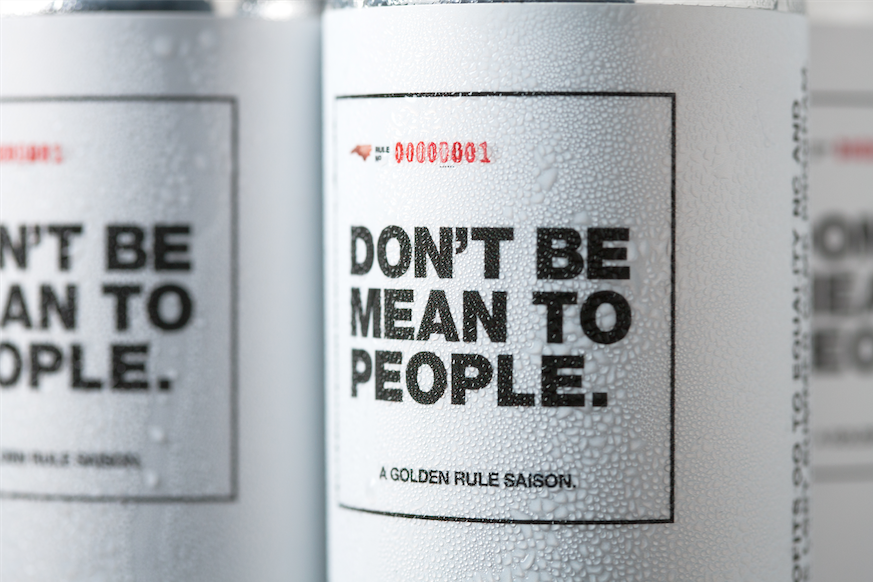
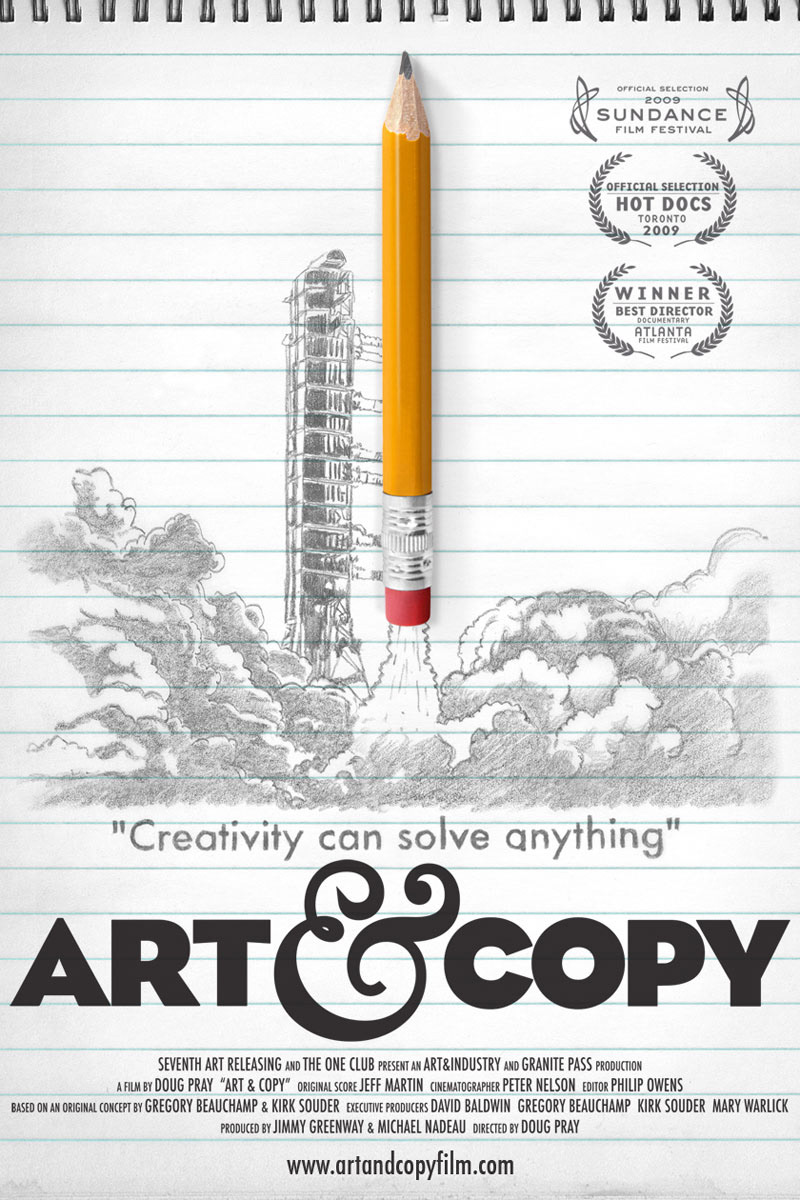
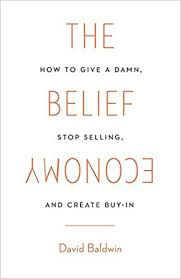
Is ageism in the industry something you thought about in your 30s? Your 40s?
I actually thought about Ageism in my 20’s because I saw it every day. I was maybe two years in the business and working at a very celebrated creative agency in NYC and my office was right next to this amazingly nice writer named Joe. He was probably in his early 60’s, worked at great places during the revolution of the 1960’s and yet was relegated to doing all the crap work at the agency. He wrote the stuff no one else wanted to touch. I looked at that situation and thought, man, maybe that will be me if I don’t own something by the time I’m his age. So I vowed very early that I’d either be running the show as a partner somewhere or start my own thing by the time I reached my dotage, which at the time I thought was, say, 40. So I pointed myself at that goal from a pretty early stage.
Is ageism something that’s affected you? What are some of the challenges you faced as a person who was getting older in the business? Do tell.
I don’t think about it anymore. I became a partner at a very cool creative agency at thirty-four and, if anything, I was younger than most of the clients and that caused its own set of problems. I was younger than some of the people working for me and that was kind of weird too. It’s kind of nice to be the wizened guy at the end of the table now.
And even now, Bob Ranew, my art director partner with whom I started Baldwin&, is older than I am and he’s one of the best creative minds and executors I’ve ever met in this crazy business. I suppose the biggest issues are when I’m in a conference room and make a Columbo reference and the younger people stare at me with blank faces. The truth is I probably think about my age at a personal level way more than I do professionally.
Ageism is a real thing in this business and it’s pretty awful to see. That said I also see a lot of people my age wasting a lot of energy pining for the old days rather than moving forward. It goes both ways, I suppose, and the old days aren’t going to come back no matter how much we want them to. The issue today is to keep yourself relevant and use the skill and experience you have to navigate the new realities, don’t set yourself in amber. There are a number of blogs dealing with these sentiments and while some handle it masterfully, some just seem like they’re whining. Social media isn’t helping us either, there’s so much negativity about the business coming across our feeds everyday, you just can’t be against everything all the time. It’s so tiresome.
"Ageism is a real thing in this business and it’s pretty awful to see. That said I also see a lot of people my age wasting a lot of energy pining for the old days rather than moving forward."
Tell us about your own creative journey. What are your thoughts on where you are now, compared to your mindset when you were in the beginning of your career?
I feel like I’ve been in advertising since I was twelve because my mother was in the media department at a small agency in my home town, El Paso, TX, when I was growing up. I got to go in and see the classic agency environment and I couldn’t believe you could make such a fun living as the guys sitting at their drawing tables in the back office. It seemed like magic to me. So while I wanted to pursue a music career I also had the good sense to know that it might not turn into a profession and I parallel pathed advertising as a possibility. I turned out to be a much better copywriter than I was a musician. The interesting thing about advertising is that it gives you a platform to do anything you want creatively. Because we have tools and connections we can write books, produce movies, music, or anything really. I’ve done all of those things not because I was dying to get out of the ad business but because I was in the ad business.
"Because we have tools and connections we can write books, produce movies, music, or anything really. I’ve done all of those things not because I was dying to get out of the ad business but because I was in the ad business."
Did the reality of the ad industry contribute to the decisions you made/the path you’ve taken?
I’ve always operated on what I think of as a kind of benevolent selfishness. I do what I’m interested in, I work on things I’m passionate about, and I’ve stayed very curious about where things are going without tying myself to an outcome. So in some ways I just haven’t worried about the realities and focused much more on what I want to get out of the business and the impact I want to have. For instance, I made a very deliberate decision to open my own place in Raleigh, NC, rather than go chase the CCO-at-the-network opportunities dangled in front of me around 10 years ago. It just felt right for me rather than what seemed to be chasing a salary. In fact, I’ve made two decisions based on money in my career and both times were to take pay-cuts to do what I felt was the right thing for me and both have turned out to not only be the right decision but turned out to be fairly lucrative in the long run. And though they were both big gambles I’m not sure I really processed it that way at the time. I just did what I thought would be more satisfying personally and professionally.
"I’ve made two decisions based on money in my career and both times were to take pay-cuts to do what I felt was the right thing for me."
What do you feel creative people over 50 can offer over someone 20 years their junior, things that are unappreciated, or just plain overlooked?
We have made a very conscious decision to hire mostly senior people at Baldwin& because we find you can get to solutions much more quickly with seasoned heads and there’s just a sort of shorthand you share with people who’ve been in it for a long time. We do have younger people here too but most of us have a good amount of experience under our belt. One thing senior creative people have in particular is a much broader perspective on life, the business, what’s been done before, what will work, what’s good, and what this business even is. I find a lot of younger people are completely unaware of the history of the industry, even recent history. Because of that you see a lot of work come at you that has already been done or is derivative of other work from the past. Ask the average 20 something ad person who Mary Wells is and they’ve probably never heard of her. I’m constantly promoting Howard Gossage to anyone who will listen. I’ve never met an advertising person who wasn’t blown away by him and the work he did over fifty years ago. Sure most advertising has been terrible, but the history of the good work this industry has created is breathtaking; senior people can and should share that perspective with the younger people.
"I find a lot of younger people are completely unaware of the history of the industry, even recent history. Because of that you see a lot of work come at you that has already been done or is derivative of other work from the past."
What is your advice to people who are nearing or over 40 in the ad industry?
A few thoughts here. An idea that I horked from my friend Nancy Vonk was to always have a reverse mentorship going with someone younger than myself. Just find someone who could use it and create a mutually beneficial, stated mentorship that goes both ways. Everyone wins.
Apply your skills to the new realities and stay curious. If you’re afraid of being made redundant think of opening your own thing with the other smart cats around you, I guarantee they’re there and probably feeling similar to you. And don’t be afraid to reinvent yourself every now and then. How? Just pursue the things you’re interested in and see where they take you. I started my current agency at 47 and a brewery in Durham when I was 52, both are going strong and fun is being had and many new, interesting doors have opened as a result.
How are you approaching the next 10 years? What does your future hold?
I don’t think about it all that much. There’s a quote I’m going to murder because I don’t remember who said but the gist is something like, “You don’t dance to get to the end of the song, you dance to enjoy the dance.” I’ve always loved that idea and I suppose I look at the business that way, as long as I enjoy it I’m going to keep going because it’s a damn fun way to make a living and you get to work with the funniest, weirdest, smartest people you’ll ever meet. Maybe there will come a time where the business will retire me, but until that time comes, I dig it and I’m in it.
What do you see as potential solutions for ageism in the industry? Any thoughts on possibly unionizing?
Experienced people shouldn’t wait for someone else to provide them an opportunity, instead seize the bull by the horns and make your own future happen yourself. It isn’t as hard as it may seem. Got laid off? Lay yourself back on. We started our agency without a client during the great recession, you can do it too. I don’t think unionizing will work because clients would have to accept it and there’s enough pressure on fees as it is.
What are some positive things you’ve experienced as you’ve grown older in the business?
I’ve gotten particularly good at knowing where to put my energy. When I first started out I ran headlong into every single thing as hard as I could. I quickly learned this was unsustainable physically and mentally. I now know very quickly whether something needs to be set to 6 or set to 10.
Who do you look to for inspiration?
I don’t usually actively look for inspiration but I tend to get inspired by most things and most people I meet. I’m constantly amazed by all the great work being done everywhere, inside and outside of the business and I still get a shiver whenever I see a great idea, no matter where it’s coming from. I will say, if you’re a writer, you should be a reader. There’s no better way to practice the craft than to constantly experience the magic of language and narrative.

